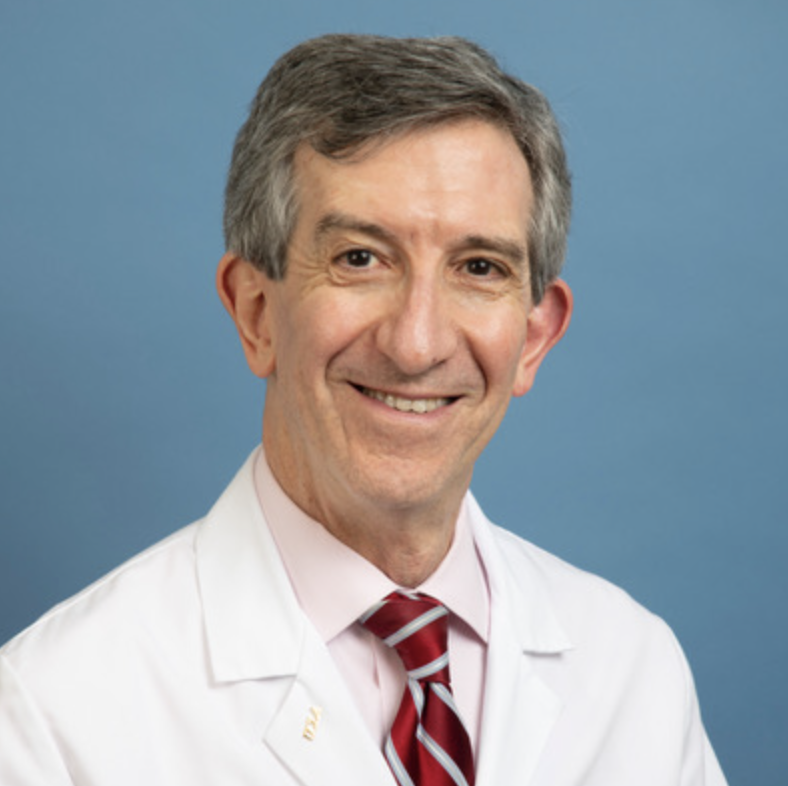


Latest Advancements of TMS in Research
Latest Advancements of TMS in Research
Information
Date & Time
-
-
Description
Advances in the Use of TMS for Difficult to Reach Neuropsychiatric Illnesses
Presented by Dr. Andrew Leuchter
This course examines the latest advances in Transcranial Magnetic Stimulation (TMS) for treating difficult-to-treat neuropsychiatric conditions, including major depression, obsessive-compulsive disorder, and substance use disorders. Participants will explore emerging protocols, evidence-based applications, and clinical strategies to optimize patient outcomes. Emphasis is placed on understanding neurocircuitry targets, integrating TMS into comprehensive treatment plans, and translating research into practical, real-world clinical care.
Circuit-targeted Neuromodulation Across Symptoms and Disorders
Presented by Dr. Shan Siddiqi
This course explores circuit-targeted neuromodulation as a precision approach for treating neuropsychiatric symptoms across diverse disorders. Participants will learn how interventions like TMS and other neuromodulatory techniques can modulate specific brain circuits to improve clinical outcomes. Emphasis is placed on understanding neurocircuitry, identifying symptom-specific targets, and integrating evidence-based neuromodulation strategies into personalized treatment plans.
Educational Goal
Learning Objectives
Participants will be able to:
-
Describe at least one emerging application of TMS.
-
Identify two evidence-based strategies to integrate TMS into comprehensive treatment plans.
-
Explain neurocircuitry targets.
-
Apply circuit-based approaches to enhance patient outcomes.
-
Define and describe neurocircuitry.
-
Explain how TMS and other neuromodulatory techniques modulate specific brain circuits to improve clinical outcomes.
-
Evaluate how to select appropriate circuit targets.
Target Audience
- Addiction Professional
- Counselor
- Marriage & Family Therapist
- Nurse
- Physician
- Psychologist
- Social Worker
Presenters

